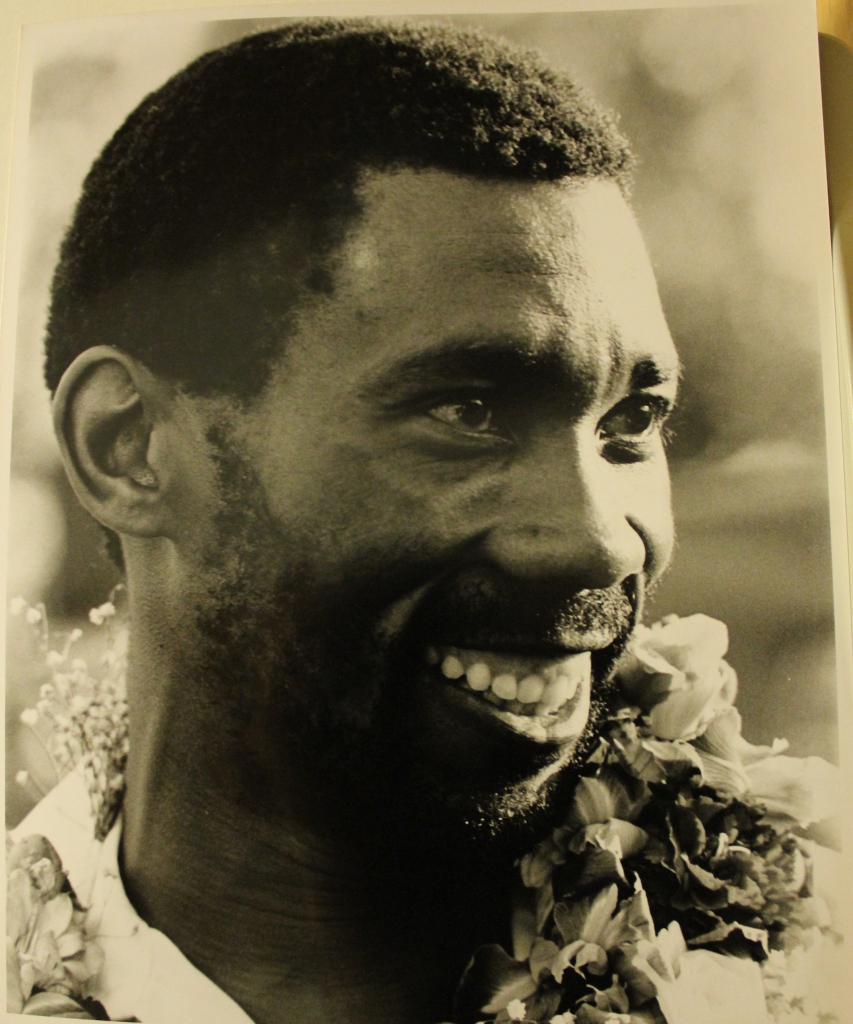The second article that Gavin has written for the Anti-Apartheid Legacy Centre for Memory and Learning focused on the role of LGBT activists in 1980s’ anti-apartheid campaigning.
After the end of apartheid, South Africa became the first country in the world to guarantee freedom from discrimination on the grounds of sexuality as a constitutional right. The ‘equality clause’ in the 1996 South African Constitution was an attempt to overcome the legal inequalities (based on race and ethnicity) that had shaped South African society throughout the colonial and apartheid eras.
However, the specific inclusion of protection against discrimination based on sexuality was a direct response to the visible role that some LGBT people had played in the struggle against apartheid in the 1980s. As LGBT people became more visible in the anti-apartheid struggle, they organised around the slogan “no liberation without gay liberation” (using terminology that made sense at the time). They argued that it was not enough to opposed racial inequalities in South Africa, but that a post-apartheid nation had to oppose all forms of social and legal inequalities.
Here we tell the story of two gay anti-apartheid activists, and the LGBT groups they worked with, who helped raise the visibility of LGBT rights in South Africa during the last years of the apartheid system. We focus on the stories of Simon Nkoli and Ivan Toms, but there are many other important LGBT activists who campaigned with them. They include Zackie Achmat, Sheila Lapinsky, Alfred Machela, Bev Ditsie, Edwin Cameron and others.

